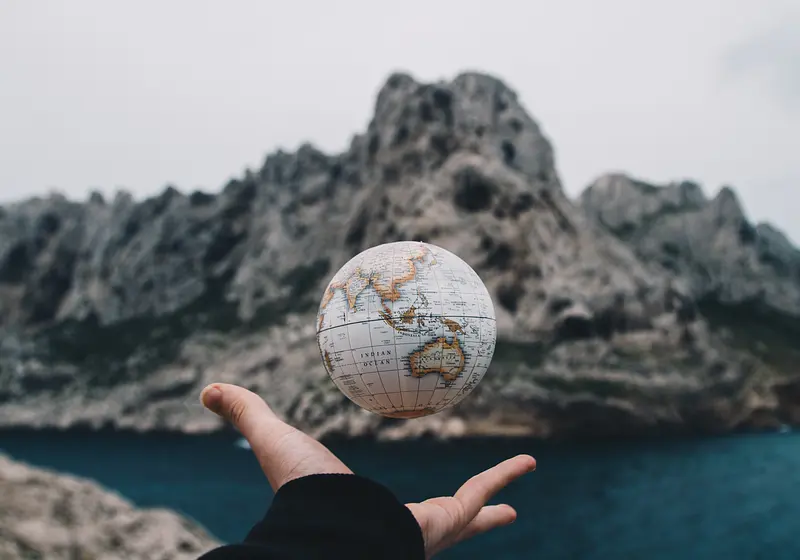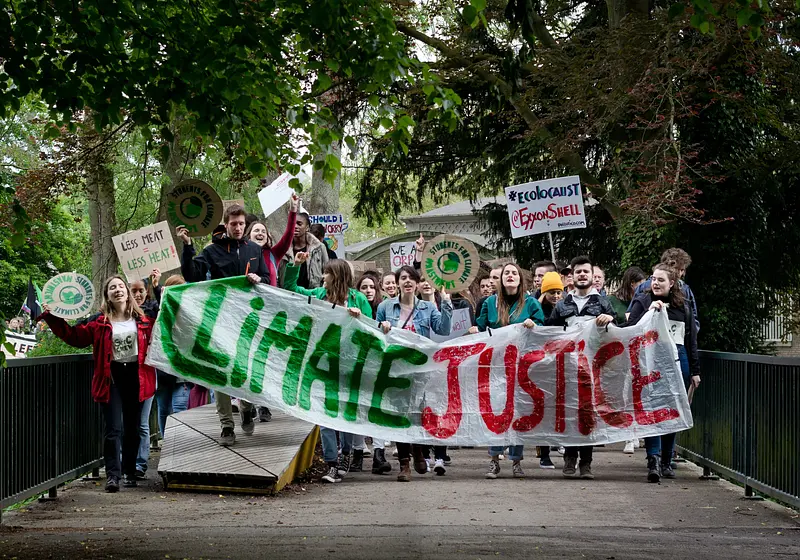“I am deeply sorry”. COP26 President Alok Sharma was holding back tears in his closing remarks to delegates at the end of the Glasgow climate conference last November. These tears were the tears of a generation.
There were high tides of hope for ground-breaking change at the climate change summit, yet a series of failures caused expectations to crash in the final few days – leaving behind a heap of criticism, controversy, and inadequate promises.

Photo by Pexels
Alok Sharma’s remarks followed a disappointing last-minute change to the pact that had been tirelessly developed over the course of two weeks. An intervention by India and China – who together account for approximately 60% of the world’s coal consumption – led to a key part of phrasing in the agreement being diluted from ‘phasing-out’ coal usage, to merely ‘phasing down’ its use.
As the single biggest source of greenhouse gas emissions, this inevitably overshadowed COP26’s reputation, but crucially, it could have major implications for the earth’s climate and young people’s futures, too.

Photo by Pexels
What’s more, this failure was only a flicker in the blaze of negligence at the summit: the presidents of two of the world’s biggest coal polluters (China and Brazil) failed to attend in person; UK Prime Minister Boris Johnson and President Joe Biden were criticised for both the hypocrisy of their private flights to Glasgow and for appearing to fall asleep; and the most influential and prolific Generation Z climate activist, Greta Thunberg – who was not officially invited – could instead be found outside the conference venue chanting “You can shove the climate crisis up your [censored]”.
COP26 failed us. We were promised that they understood the scale of the issue we faced. We were promised that the changes made at COP26 would turn the tide on the climate crisis.
We were promised that they would not stop at anything to protect our futures and future generations. Those promises are melting away.
The Paris Climate Agreement – adopted at COP21 in 2015 – established the goal of limiting global warming to 1.5⁰C, compared to pre-industrial levels. Subsequently, working towards this goal was a major aim of COP26. However, current estimates show that if the current agreements are upheld, we would in fact be on track for warming of 2.4⁰C by the end of the century (climateactiontracker.org). Is this significant?
Yes, it is. Every tenth of a degree matters. According to projections from a 2018 report from the Intergovernmental Panel on Climate Change, if global warming does exceed 1.5⁰C we could see sea levels rise a further 0.1 meters, up to 99% of coral reefs could be lost, and ice-free summers in the Arctic are up to ten times more likely.

Photo by Pexels
The facts and the science are clear for all to see. If the necessary action is not taken, then we could be facing a global catastrophe during our lifetimes. As a young person, that is a frightening prospect - but the ignorance of world leaders is even more frightening and frustrating. Surely, if our leaders genuinely acknowledged that there was a threat to the futures of today's young people and to future generations, then it would take priority over politics and the economy?
However, it would be too easy for us to accept a tragic fate that has been placed in the hands of others. As young people, our futures are at stake, and we must accept that each of us is equally responsible for determining the future of our planet.

Photo by Pexels
Yes, we should continue to put a cross in the box of the political party or politician that we think is most likely to represent us. Yes, we should continue to support the scientists working tirelessly to develop ground-breaking solutions to the crisis. And, yes, as citizens of the future, it remains vital that activists lead the battle and continue to fight for our voices to be heard.
These are still vital assets in the fight against climate change. But ultimately, once laws are passed and pledges are made, we are the ones that will have to make changes to our lives, so we all need to start making these changes now instead of waiting to be told to do so.
Start to say no to fast fashion and consumerism; reduce your food waste; use public transport more regularly. These small changes can make a big difference. Of course, we have all made excuses in the past: “It’s out of our control” or “What difference can I make if nobody else is doing anything?”. Although now it seems more vital than ever that me, you, and all of us make any changes we can – no matter how small – to give our planet the ammunition it will so desperately need to fight the climate crisis in years to come.

Photo by Pexels
As much as we can criticise and pressure for change, the events that unfold on the world stage are out of our control – COP26 being an example of this. Of course, there will always be opportunities for monumental change in the future, yet, in the meantime, the power is in our hands to do all that we can to save our planet – as so many of Generation Z already do.
Our fate should not be decided for us. We will decide our fate.
















.jpg)
